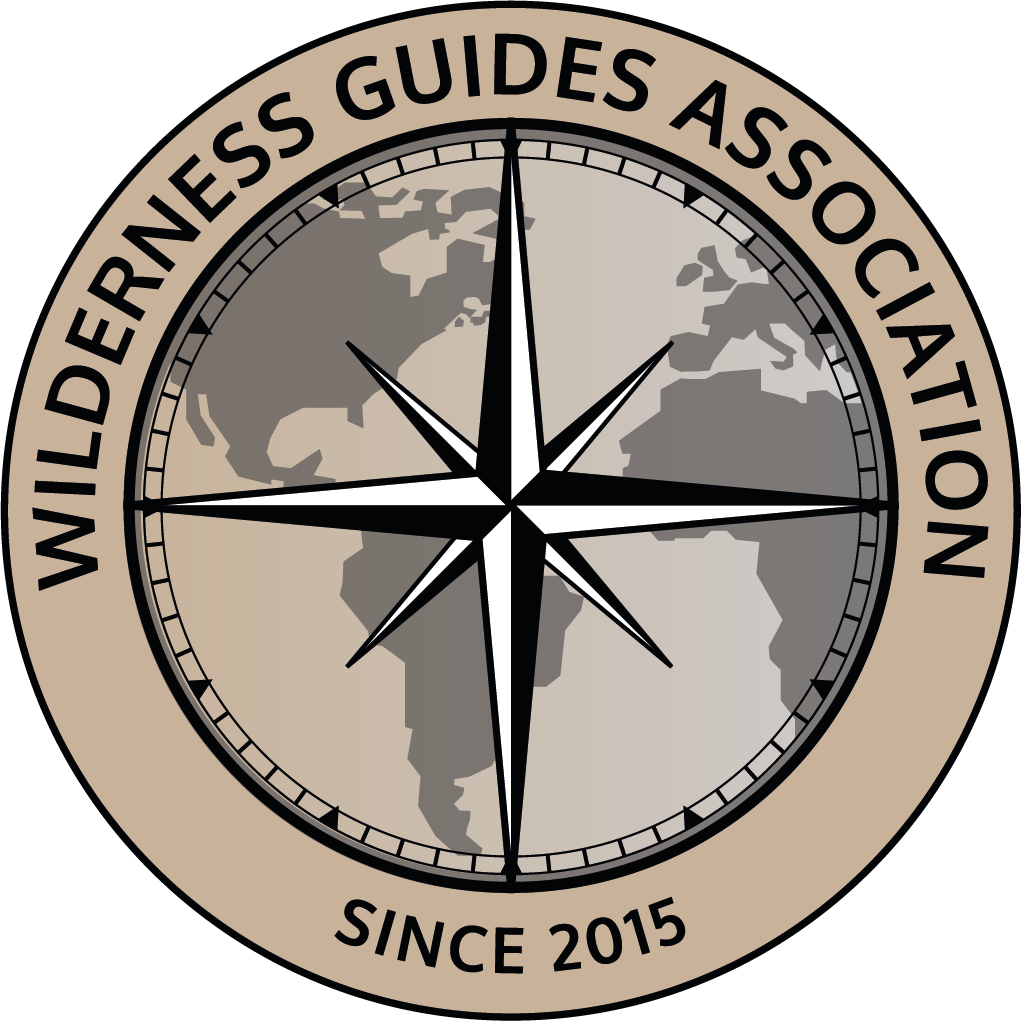“Providing and promoting a high standard for responsible and sustainable wilderness guiding in wide variety of environments, climates and activities”
Humans seem unique in comparison to all other life forms on earth by being self aware and aware of their possibilities, limitations and responsibilities. However humans also seem unique in the dimension of impact and influence on the rest of nature. Earth, as the source and base of all life, depends on all lifeforms to be in balance with each other. Engaging in activities in a wilderness setting can be very harmful to nature but also very beneficial, since important lessons and values can more easily be understood in this environment.
As an Association for Wilderness Guides, the WGA reflects this responsibility by choosing the Earth Charter as a base and framework for its ethical code.
1. The common good
The well being and benefit of all parties, directly or indirectly involved, is the highest concern for the WGA and its members (this also includes the rest of the natural world and potential third parties such as local communities).
2. The Earth Charter
The Earth Charter, as the base of the WGA’s ethical code, is to be endorsed by the WGA and its members at all times to the best possible degree.
3. Ecotourism
The elements of ecotourism (nature based, small scale, nature conservation, nature interpretation, active involvement of local communities) are to be endorsed by the WGA and its members at all times to the best possible degree.
4. W.G.A. Standards
The WGA and its members are committed to develope, provide, maintain, guarantee and promote the highest possible standard for wilderness guiding. Services and activities provided by WGA members are following the latest WGA operating- and training standards.
5. Minimal impact
The principles of minimal impact are to be applied by the WGA and its members at all times to the best possible degree.
6. Rules & laws
Local, native and common rules, laws, traditions and procedures are to be respected, followed and applied by the WGA and its members at all times to the best possible degree.
7. Assessments
The WGA and its members constantly assess the safety, quality and environmental impact of all services and activities.
8. Profit
The WGA is a non-profit organisation. WGA guides and members are encouraged to operate according to fair trade principles.
9. Neutral
The WGA and its members present a neutral, open minded, tolerant, fair and friendly position.
10. Engagement
All WGA members are engaged in active support, development, implementation and promotion of the WGA, WGA standards and WGA values.
